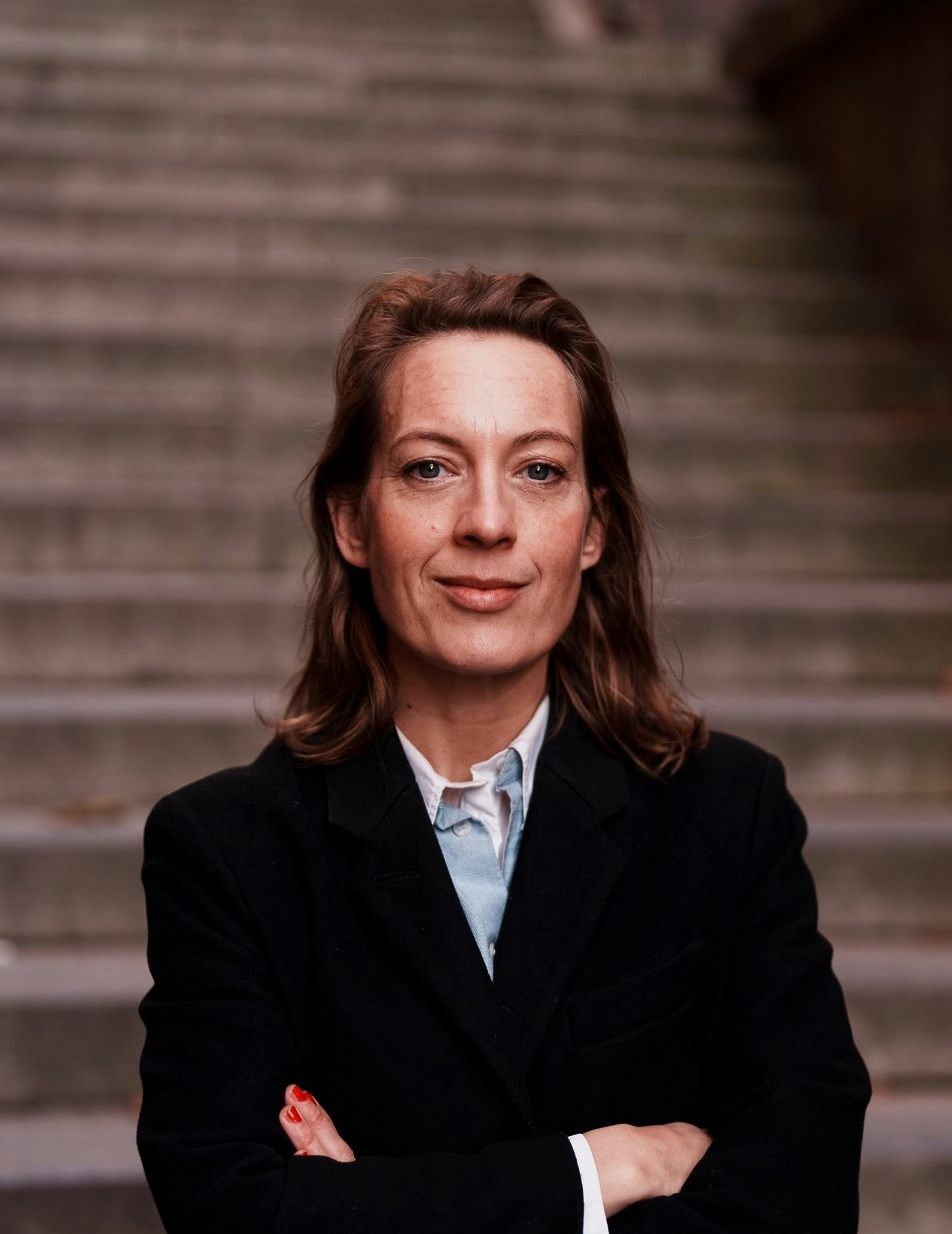More than a third of LGBTQ+ (lesbian, gay, bisexual, transgender, queer) founders hide their sexuality from investors, according to a new survey published by Berlin-based Identity.vc.
LGBTQ+ founders have historically faced difficulty accessing capital compared to their peers, with investors accused of discrimination and bias against LGBTQ+ entrepreneurs. Research from California-based advocacy group StartOut found less than 1% of VC funds raised in the US were invested in LGBTQ+ founders, despite accounting for 7% of the population.
A new first-of-its-kind report from Berlin-based Identity.vc, which surveyed 504 LGBTQ+ founders across Europe, reveals 35.8% of LGBTQ+ founders don’t disclose their identity to investors.
Of those, 77.6% thought it wasn’t relevant, almost a third (32.7%) didn’t feel comfortable sharing and over a fifth (20.3%) were worried it would have a negative impact on fundraising.
“I always recommend founders to be open about their identity, because the relationship between investors and founders is about trust,” founding partner of Identity.vc Til Klein tells Sifted.
Privilege
For some LGBTQ+ founders, the opportunity to share their identity openly is sought-after — but it’s not always guaranteed.
“Being visible as a LGBTQ+ founder has helped me find the right investors who share our values,” Jaron Soh, founder of London-based mental health app Voda, tells Sifted. “I’ve actually had investors come out to me during investor calls.”
He adds: “However this is a privilege shaped by context [...] I recognise this isn’t a reality for everyone.”

Pavol Guričan, cofounder of Bratislava-based mental health platform Ksebe, tells Sifted that he often consciously hides his sexual identity from investors.
“I often catch myself thinking about what to wear or whether I should bring my “natural” self or a more “neutral” voice that reads as straight,” Guričan says.
And this caution is, at times, reinforced by consumers. “In Slovakia, associating our brand too visibly with the LGBTQ+ community can backfire. At one point, we even started losing clients for being “too rainbow-y,”” Guričan says.
“So while our values remain clear internally, we’ve had to be cautious in how openly we express that part of who we are externally.”
Can work speak for itself?
By contrast, however, some entrepreneurs say they do not feel the need to disclose their sexuality to their investors.
Managing partner of early-stage VC Fuel Ventures, Mark Pearson, who is also a former founder, has had experience on both sides of the table: “I don’t see [sexual identity] as something that needs to be discussed in an investor meeting. Just like straight founders don’t announce their orientation, I don’t feel the need to bring mine up.”
He adds: “In a business context, I’d rather people judge me on my results and track record.”
This is echoed by cofounder of medtech Seluna, Yola Jones, who describes the double-layered complexity of navigating both gender and sexual identity in the startup world.
“I’m a woman in a very male-dominated job and field [...] Adding the LGBTQ+ factor is just another way I stand out”, she says.
Jones's experience reflects a pattern seen in Identity.vc's data, which found that 41.1% of LGBTQ+ women choose not to share their identity with investors, compared to 33.3% of LGBTQ+ men. Being both a woman and LGBTQ+ can feel like a double mark of difference.
Jones says: “I want to be recognised for the fact that I am good at my job — not because I am a bisexual woman and therefore a minority in my area.”



